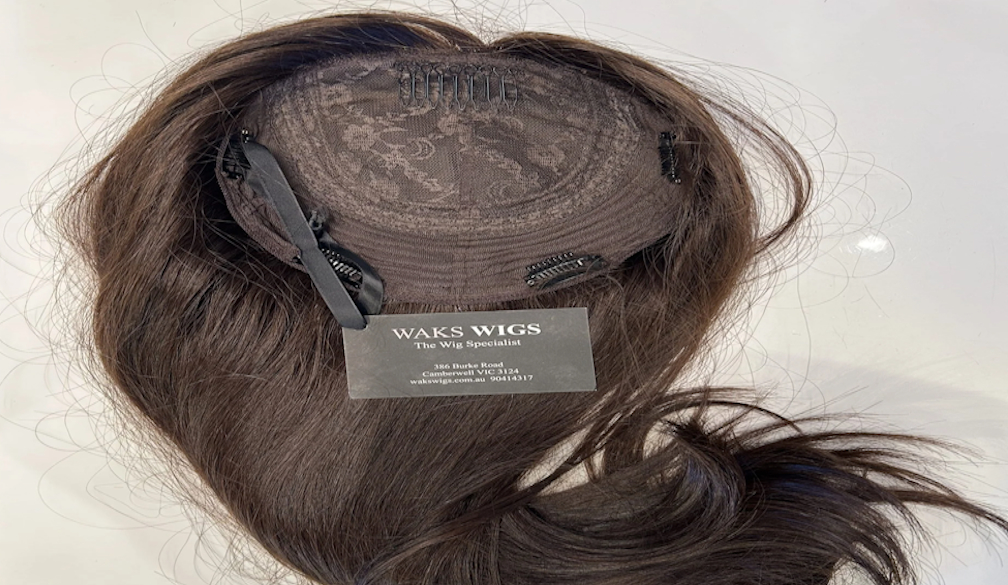Hair loss and stress

The many variations of stress-related hair loss is not always related to permanent loss. Hair loss may be caused by many factors, our bodily cycle automatically sends signals of disturbance from stress and tension throughout the body( Whether it is triggered by a certain mental or physical tension).
High levels of stress from many levels of lifestyle attributes and change of bodily function are linked with the following types of hair loss.
The three types of hair loss:
When there is a dramatic shift in the number of hair follicles that are growing hair, Telogen effluvium (TE) will begin to take course.
There may be constant shedding if this type of shift occurs during the telogen, or resting, phase of hair growth.
It's possible that this frequent type of shedding does long term thinning. It may frequently appear in inconsistent patches, particularly in the center of the scalp.
Occasionally TE patients don't lose all of their scalp hair.
Other parts of your body could begin hairloss in more severe cases. The eyebrows are included in this circumstance.
Dermatologists may see TE as the second most typical form of hair loss.
Men and women of any age can experience this type of hair loss.
TE- linked hair loss can actually be completely reversed in males and females. The hair follicles are not permanently damaged through the experience of TE. Your hair may grow back depending on the circumstance of TE.
Alopecia areata (AA) on the other hand, is a type of autoimmune disorder. When your immune system attacks and disturbs the natural cycle of your follicles, hair loss will begin. Stress and bodily tension are usually the cause of this and hair loss occurs through the cycle of growth until it comes to a pause.
Loss of hair due to Alopecia can occur in round patches on the scalp or over the entirety of the scalp. Alopecia universalis, a more severe form of AA, causes total bodily hair loss.
Over time, the hair may grow back and then fall out repeatedly. Over 9 million people in Australia are affected by Alopecia Whether it may be long or short term. This form of hair loss can affect men and women of any age.
There is currently no known treatment for AA, As hair tends to come back over a course of time, positive and mindful wellness for the mind and body to relax the body, muscles nervous system and nourishing the body with whole foods and a healthy body clock.
Some prescription medications may assist those with over 50% hair loss. Please speak to your local medical professional for a personalised pathway to heal AA.
Trichotillomania Is the condition which also goes by the name "hair pulling disorder." This habit involves the subconscious reflex to remove hair from your scalp or other body parts. It is thought to be a mental disorder linked to anxiety and stress.
It's possible that the individual suffering from this disorder will pull their hair out without ever thinking about it. The individual finds a calming effect to release a comforting endorphin to temporarily release stress.
The method of hair pulling may also be applied with more pressure with the intention of layering negative feelings such as grief, lack of sleep, lifestyle tension or routine related stress.
It's common to notice hair pulling from the brows, eyelashes, and scalp.
The result of complete hair loss may cause greater stress and could make the disorder last longer in the individuals day-to-day life. If you ever see a loved one showing signs of Trichotillomania please consult a medical professional as soon as possible. This condition may last for years if the individual isn’t willing to change their habitual routine. In worser circumstances Trichotillomania can last a lifetime and typically begins in the preteen age to mid twenties.
Is hair loss caused by stress permanent?
It is possible for your hair to grow back in time if stress is the cause of your hair loss. Everyone's rate of regrowth will be different.
The cycle of human hair growth consists of four phases.
There are about 100,000 hair follicles on the typical human scalp.
Each of your hair follicles is in a different stage of this cycle at any given pace.
The Phase of anagen production goes through this stage of growth. The catagen phase lasts between two and seven years. When the hair follicle begins to shrink, this is a brief two-week phase.
The telogen stage is the final resting phase which only processes for three months.
Phase of exogen is the follicle shedding process the hair and the beginning of new growth and keratin production.
Genetic Stress management, poor diet, lifestyle tensions and lack of sleep may be the culprit to creating these types of hair loss cycles.
Understanding and reading your body for signals, picking up on unusual symptoms are all signs from your body to ensure you restore your wellbeing for a healthier and more predictable growth cycle.
For more information please visit: www.FeatureHair.com.au






